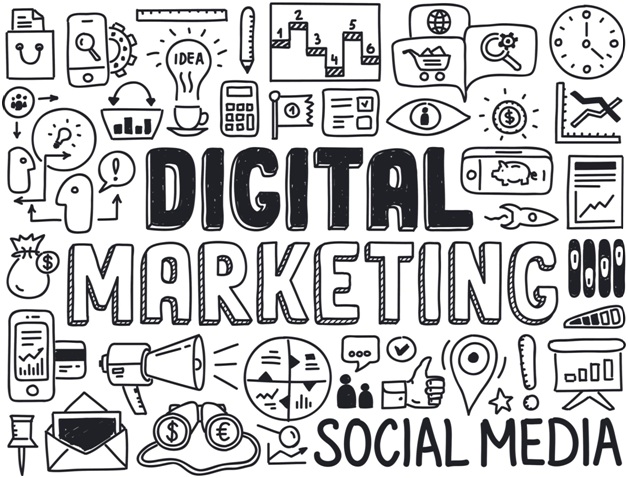<p style="text-align: justify;">The job of marketing is a persistently important one for businesses of all sizes. And the size and scope of the internet means that there are myriad opportunities to engage a large audience, or indeed to target a specific group of customers more effectively than ever before.</p>
<p style="text-align: justify;">However, there are also lots of things to consider when broaching the topic of digital marketing, including the consumer trends which impact the effectiveness of particular content and campaigns.</p>
<p style="text-align: justify;">So what are the trends that hold sway today, and how can companies adapt to roll with the punches of a competitive digital marketplace?</p>
<h3 style="text-align: justify;"><strong>Attention-Grabbing</strong></h3>
<p style="text-align: justify;">A recent report from Microsoft revealed that attention spans are down by a quarter today compared to a decade ago, meaning that the average internet user will pay attention to a given site or piece of content for eight seconds before becoming bored or distracted.</p>
<p style="text-align: justify;">Because of this, businesses must accept that they have a shrinking window during which it is possible to grab the attention of an audience and generate clicks and conversions from online marketing.</p>
<p style="text-align: justify;">The study points out that although people may be less inclined to stick with an article, video ad or other piece of advertising, that initial eight-second spurt of attention sees people concentrating hard and retaining more information that those in previous eras.</p>
<p style="text-align: justify;">Businesses can also avoid some of the issues with attention by investing in bespoke app development, since smartphone ownership is reaching saturation point and companies such as justaskmarketing.co.uk can help firms to create software solutions that are installed permanently on customer handsets. This allows for a much more direct approach to marketing than is possible via browser-based solutions alone.</p>
<h3 style="text-align: justify;"><strong>Social Services</strong></h3>
<p style="text-align: justify;">Another trend which businesses should not ignore is the rise in social media use, and in particular the expectation amongst consumers that they will be able to vent their frustrations and air complaints on sites like Twitter and Facebook.</p>
<p style="text-align: justify;">25 per cent of people in the UK who use social media admitted to using their accounts to complain in the first quarter of 2015, which is a dramatic rise from the three per cent who did so over the same period in 2014.</p>
<p style="text-align: justify;">As a result, businesses cannot simply look at social media services as a means of advertising products and channelling promotional efforts; they must regard them as platforms on which it is sensible to take a proactive stance on customer service.</p>
<p style="text-align: justify;">Irrespective of how a business manages its social presence, customers will be utilising popular platforms to share their thoughts about the organisations with which they interact. And being able to effectively deal with complaints is an important modern marketing technique, since so many of these interactions are played out in the public eye and can be scrutinised by others.</p>
<p style="text-align: justify;">Interestingly, the study found that older consumers, aged between 45 and 54, are the most avid social sharers, beating out Millennials. And so across the board businesses are expected to rise to the challenges they face.</p>

Modern Digital Marketing Trends Unpacked
